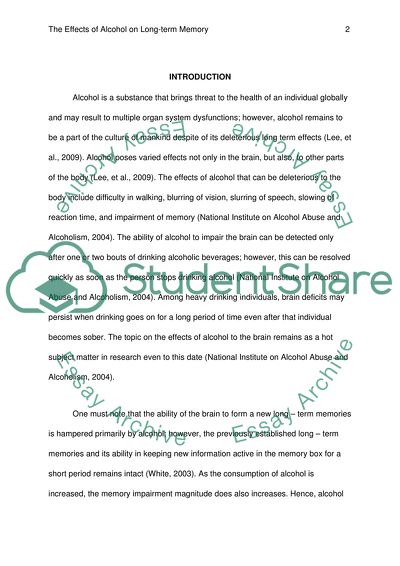Cite this document
(“The Effects of Alcohol on Long-term Memory Research Paper”, n.d.)
The Effects of Alcohol on Long-term Memory Research Paper. Retrieved from https://studentshare.org/medical-science/1772898-the-effects-of-alcohol-on-long-term-memory
The Effects of Alcohol on Long-term Memory Research Paper. Retrieved from https://studentshare.org/medical-science/1772898-the-effects-of-alcohol-on-long-term-memory
(The Effects of Alcohol on Long-Term Memory Research Paper)
The Effects of Alcohol on Long-Term Memory Research Paper. https://studentshare.org/medical-science/1772898-the-effects-of-alcohol-on-long-term-memory.
The Effects of Alcohol on Long-Term Memory Research Paper. https://studentshare.org/medical-science/1772898-the-effects-of-alcohol-on-long-term-memory.
“The Effects of Alcohol on Long-Term Memory Research Paper”, n.d. https://studentshare.org/medical-science/1772898-the-effects-of-alcohol-on-long-term-memory.


